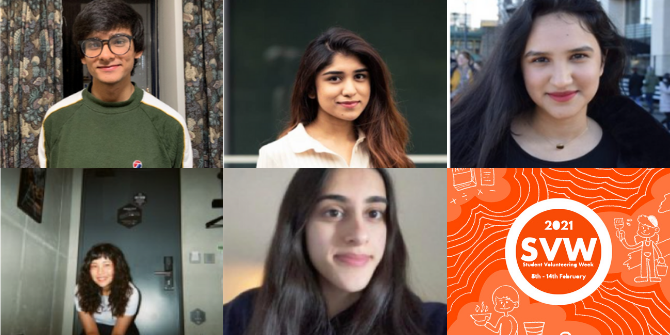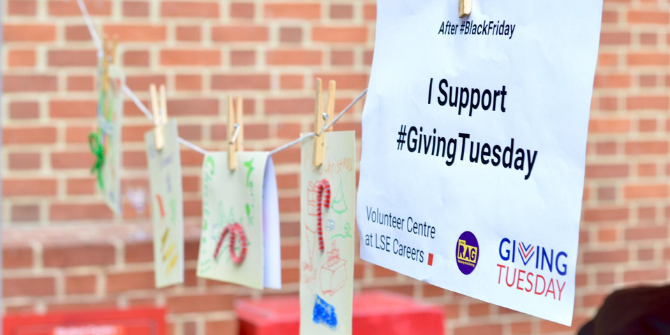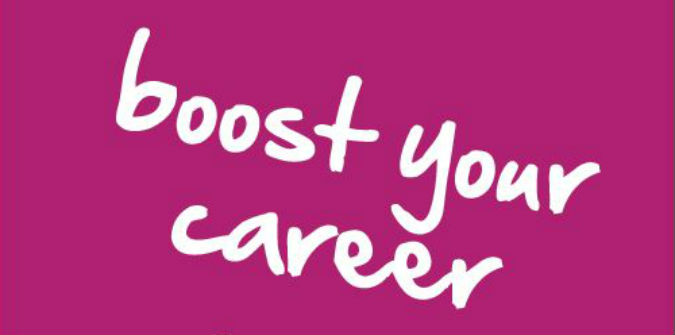Guest blog by LSE alumna Beth Lowell:
How did choose your career?
As is the case for many people, I chose my career by following one interesting experience to the next. After university I spent two years working at the documentary news series Frontline. That experience solidified my interest in politics and communication and led me to my graduate degree at LSE. After graduation I joined Blue State Digital, the agency that ran Barack Obama’s digital campaign in 2008 and 2012, because of their political heritage and progressive focus.
After three years experiencing all aspects of agency work with BSD, I moved to freuds where I could focus on my strongest area of interest: strategy and planning.
What did LSE teach you?
Independence. I think there’s far more autonomy at LSE than elsewhere. That combined with the transition to a new city (and country) can be overwhelming – but once you get started, you realise you’re far more capable than you imagined. LSE offers an incredible array of opportunities and challenges students to make their own way within them. I found that this independence inspired me to think deeply about what my true interests were and how I could pursue them.
What’s your current role and what you are expected to achieve?
I’m a Senior Account Director on the strategy team at freuds. I focus mainly on purpose and social impact projects, which means I get to help brands, charities and foundations do good. As a strategist I help clients define their objectives, understand their audiences, hone their messages and chart their strategic guidelines to develop the most effective campaigns or overall organisational offerings possible.
What has been your most significant achievement at work?
One achievement automatically jumps to mind because I couldn’t have done it without the skills I learned at LSE. This summer I conducted a series of interviews and a subsequent thematic analysis to inform a client’s organisational strategic direction. It was a massive piece of work and I relied heavily on the interview skills I developed while researching my LSE thesis. It’s a great example of the surprising and unexpected ways the skills you learn at LSE can serve you in the future.
What are the best and worst aspects of the job?
Working at an agency you’re expected to juggle many clients and projects at once. On one hand it’s fantastic because you’re constantly engaged, never bored and exposed to a variety of exciting challenges. On the other hand, it can be a lot to keep up with! You have to be able to switch between projects for different clients with different objectives often in entirely different business sectors at the drop of a hat. It’s definitely tough at times, but I find the fantastic projects and colleagues you encounter make it more than worthwhile.
How have you contributed to the success of the organisation?
I’ve found my experience developing purpose campaigns across the public and private sectors has been particularly helpful in my role. The business, charitable, development and political sectors can all learn a lot from each other. My unique perspective as a consultant who has worked across all of them enables me to create stronger campaigns that incorporate best practices and avoid pitfalls clients aren’t equipped to recognise on their own. Of course I also get asked to contribute my “American perspective” a lot!
How do you see your career progressing?
I feel very fortunate to campaign for causes that I really care about like gender equality, global health and human rights. I see myself following this passion and continuing to think of innovative ways to raise awareness and support for organisations that are proactively making a positive impact on society.
What are the top skills that graduates should develop at LSE?
Initiative is certainly number one. Be proactive, seek out opportunities and get involved. Find an activity, club or student organisation that interests you and get as much out of that experience as you can. It’s great preparation for the working world. The most interesting projects don’t always come your way organically, you often have to seek them out. Organisational skills are also important. We all have our own unique way of working, but make sure yours enables you to be timely, flexible and prepared no matter what the day throws at you.
What is your best piece of advice for LSE students wanting a career in your line of work?
Internships and work experience are excellent way to learn more about what you want (or don’t want) out of your career. Hopefully you’ll get an interesting assignment, but just being in an office environment and around people who work in the field can be helpful. Also, speak to as many people as you can. If someone has built a career you admire, invite them to coffee so you can learn more about their path. It can be daunting to ask but they’ll most likely be happy to take the time – chances are someone did the same for them when they started out!






